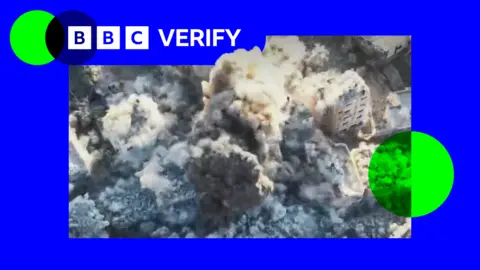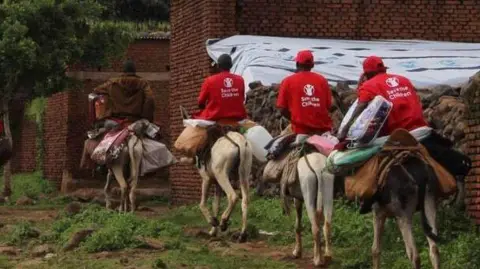The threat of flooding once again looms over Maiduguri, Nigeria, a year after torrential rains and the collapse of a dam left entire neighborhoods submerged. The city is still recovering from the tragedy that claimed at least 37 lives and forced two million people to flee their homes amid widespread destruction.
Among the affected is 42-year-old Sa'adatu Dahiru, who lost her two-year-old son during the floods. He died as a result of hunger and fever during the flood. We had no proper food, no medicine, and no safe place to stay, she shared. Dahiru expresses deep frustration as state support has dwindled, leaving her family in continuous distress.
The Borno state government has cited its efforts to aid the impacted communities, including reconstruction initiatives for the dam system that failed. However, maintenance has been severely hindered by over a decade of conflict with Boko Haram insurgents, which poses ongoing risks to the region.
Maryam Jidda, another flood victim, recalls her harrowing escape from Boko Haram violence, only to face the floods in Maiduguri. I thought I had found safety until the water came and forced me to flee again, she laments, now living in temporary housing with scarce resources.
Young people, such as 21-year-old Ali Kadau, reveal the harsh realities of lost educational opportunities and jobs due to the flooding. "The flood took everything from me," he says, reflecting on the dismantling of his family’s home and his former livelihood.
According to Borno's Governor Babagana Umara Zulum, the recovery from the floods represents a monumental challenge, especially against the backdrop of ongoing violence and displacement. The government has been working to coordinate aid and relief while preparing for future flood crises.
Faced with new rains, questions abound about sustainable recovery. Residents like Dahiru and Jidda are left pondering how to rebuild from what feels like nothing, illustrating the stark reality of living on the brink of disaster.



















